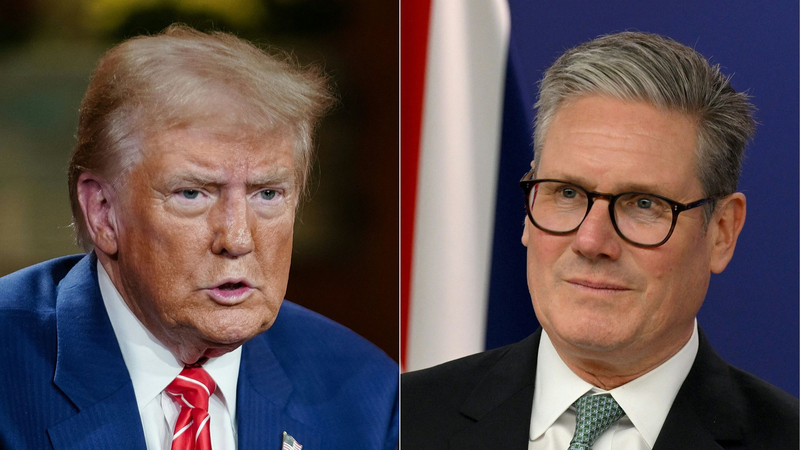In a move Prime Minister Keir Starmer called "historic," the UK and the United States unveiled a landmark tariff deal this week. The agreement slashes duties on key exports and aims to deepen transatlantic trade ties.
Under the pact, tariffs on British steel and aluminum exports to the United States will be eliminated, while American duties on up to 100,000 British-made vehicles per year will drop from 27.5 percent to 10 percent. UK farmers also secured a tariff-free quota for 13,000 tonnes of beef, and Britain will scrap tariffs on U.S. ethanol imports.
Voices from Westminster
Starmer hailed the deal as a milestone for UK-US trade, promising the cuts "will come into place as soon as possible," after briefing with U.S. President Donald Trump from the Oval Office.
Yet the reaction at home was far from unanimous. Conservative Party leader Kemi Badenoch blasted the arrangement on social media: "We cut our tariffs – America tripled theirs. Keir Starmer called this 'historic.' It's not historic, we've just been shafted!"
Liberal Democrat leader Ed Davey echoed concerns, warning the agreement left British industries exposed: "Even after today's deal, Trump's terrible tariffs will still be hitting British jobs and businesses hard. The only way we will end Trump's damaging trade war is by standing tough with our allies across Europe and the Commonwealth."
What's Next?
Supporters argue the deal will boost UK exports and signal a fresh chapter in transatlantic relations. Critics point out that most U.S. tariffs on other UK goods remain unchanged, leaving sectors like textiles and dairy still at risk.
As businesses and exporters on both sides prepare for the changes, the real test will be whether this tariff deal can deliver the promised economic lift and forge stronger UK-U.S. partnerships.
Reference(s):
UK-U.S. tariff deal sparks mixed reactions across political spectrum
cgtn.com




